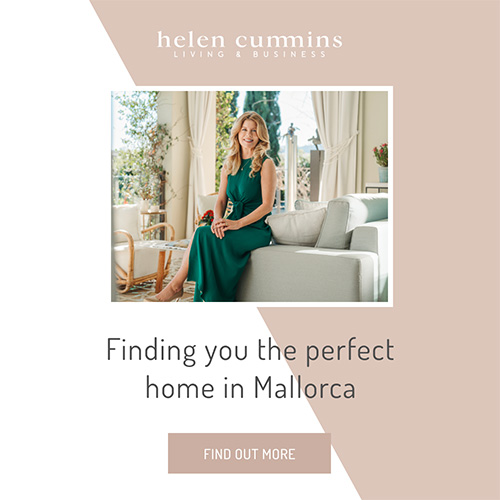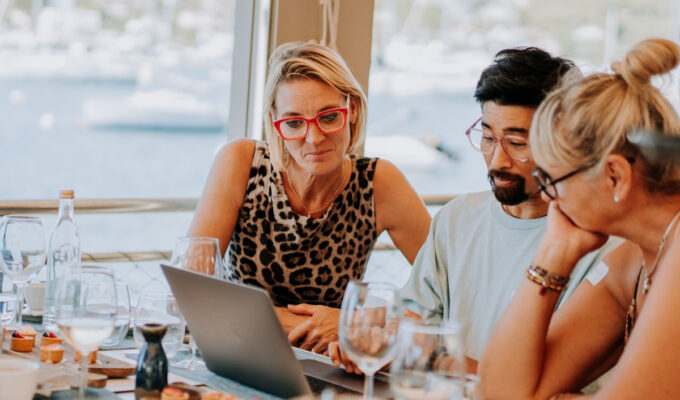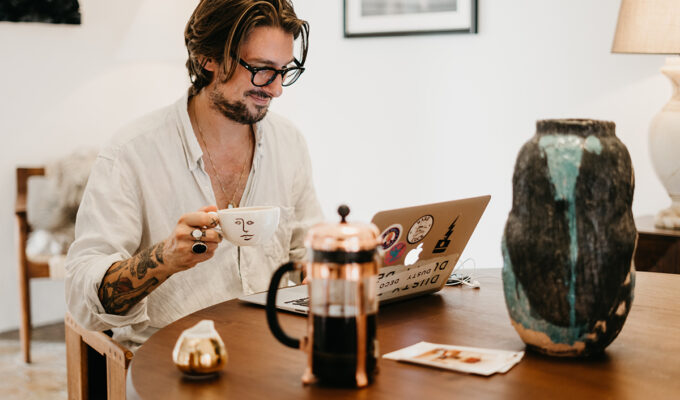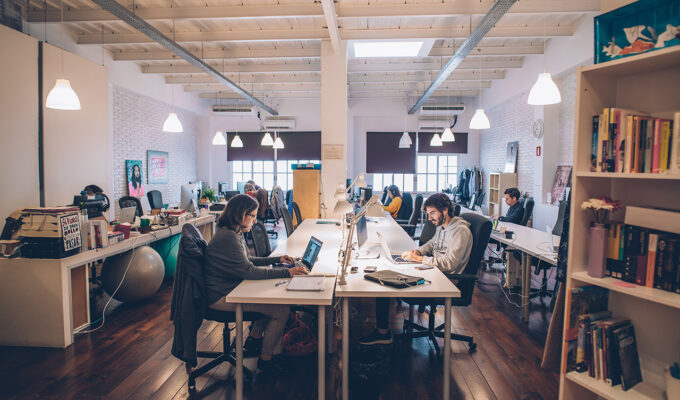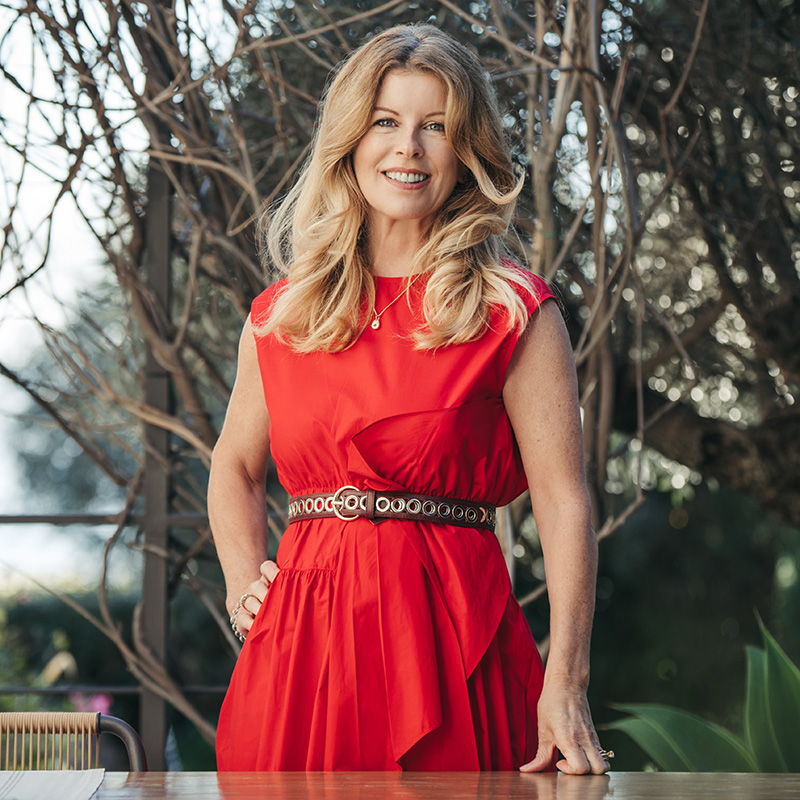 The brakes are off. As the working landscape changes apace, norms around how we work are being reconstructed for the digital age. With companies freeing themselves from the costs of maintaining large physical spaces and having gotten used to Zoom, a new era beckons.
The brakes are off. As the working landscape changes apace, norms around how we work are being reconstructed for the digital age. With companies freeing themselves from the costs of maintaining large physical spaces and having gotten used to Zoom, a new era beckons.
According to Upwork’s Future Workplace Report, a quarter of the office-based American workforce is expected to work remotely by the end of 2023. The shift is playing out across the globe, in real-time. How often have you strolled past a Palma café only to see half a dozen people tapping away at their laptops? The digital nomad trend is currently highest in the 30 to 40 age group, and jobs in tech, marketing and creative industries dominate. Far from being a Silicon Valley perk, after the US, Spain is their most visited country of choice.
The new nomadic
Thomas Clarke, 43, lives in Palma, and blogs about politics under an alias. Equipped with an Irish passport, Clarke isn’t part of a burgeoning group planning on applying for Spain’s new digital nomad visa scheme, which launched in June 2023. He tends to work in his apartment, but understands the appeal of co-working spaces: “Sometimes, it’s just a nice change of pace to write and research somewhere a little livelier, around other people” he says. “Oddly, I’m more productive with background noise.” Just as laptop-friendly cafes and dedicated flexible workspaces have ballooned in London, Madrid and Barcelona, expect the same to start happening in Mallorca’s capital. While many of us aren’t yet ready – or willing – to go full digital nomad, we’re feeling the ripple effect of this global step change. As companies feel more at ease allowing for hybrid working and collaborating with remote professionals, there is a golden opportunity here for better work-life balance. You don’t have to be a 30-year-old UX designer to feel the benefit of alternative environments, and an all-round healthier attitude to work.
A beautiful balance
So, what’s the catch? One common complaint of the wandering breed of digital nomad is a sense of isolation that comes with having no fixed address. Additionally, always being able to connect can blur the lines between work and leisure. This is why, in such a rapidly changing landscape, it’s vitally important to pause, and clearly define the life we wish to design for ourselves. One reason to love Mallorcan island life is its successful fusion of old and new. Journey to a town like Alaró or Bunyola and it’s a little like stepping back in time 30 years, but with a solid, functioning infrastructure. Palma especially will show signs of adaptation to the new visa scheme, as more nomads begin to arrive. The same happened on a much larger scale back in the 70s when mass tourism exploded, but Mallorca has always held onto its soul. It is a place for calm, healing and connection; a place to step back from modernity’s frenzied pace, and cultivate a slow – yet intoxicating – lifestyle.
Write your own rules
The key to navigating global economic uncertainty and changes to the way we work is to foster a personal approach, and hold fast to your values. Nurture yourself, travel slowly and mindfully, and embrace fresh opportunity. And if you do feel lonely, plug into an established curated conscious business community such as hc/ Connect & Grow. Cherry-pick the best parts, safeguard your assets and plan wisely. In other words, write your own rule book – and feel free to edit as you go.
If you would like to find out more about becoming a member of hc/ Connect & Grow – click here.
Text by Anna Mason
Address details

